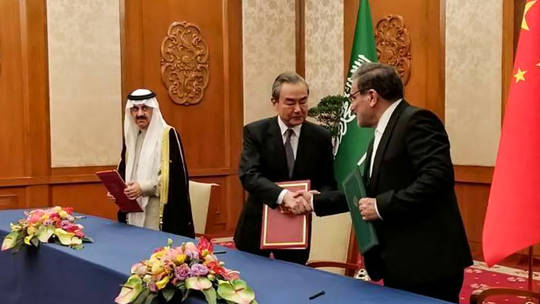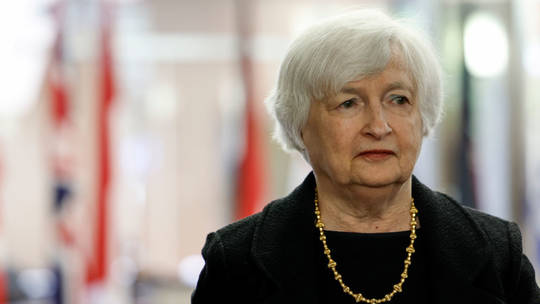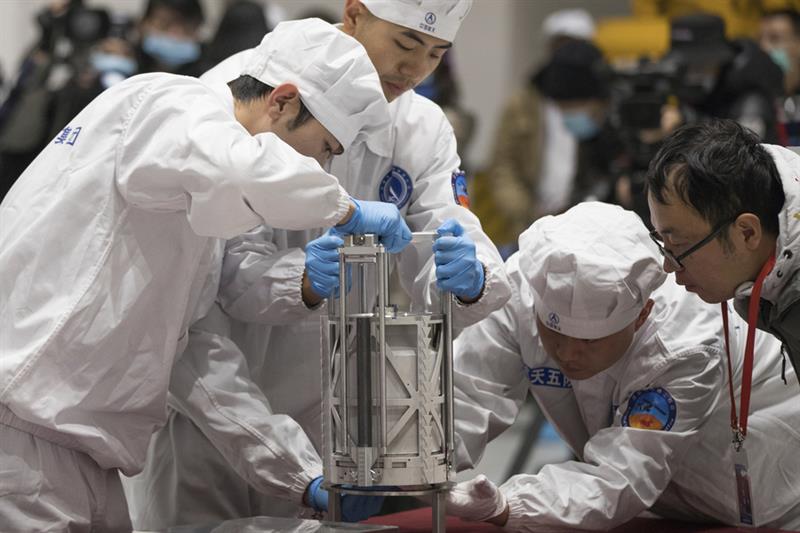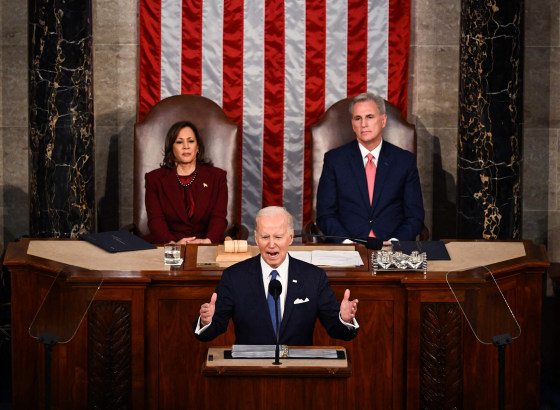How does the normalisation of Saudi Arabia and Iran, mediated by China, impact Israel?
March 17, 2023Tweet

The restoration of diplomatic relations between Israel and Saudi Arabia could derail the strategy of uniting the region against a common enemy, Iran. After five rounds of talks, Iran and Saudi Arabia were unable to reach a compromise for the re-establishment of diplomatic ties, something China has now managed to broker. The US government has not reacted with open animosity to the sudden change in regional dynamics, but the Israelis are interpreting this as a negative development. In June 2022, a previously undisclosed meeting had taken place in Sharm el-Sheikh, Egypt, whereby a number of Arab nations, including Saudi Arabia, had met with the Israeli military chief of staff at the time, Aviv Kochavi.
During US President Joe Biden's visit to Israel and Saudi Arabia in February, discussions were held about forming an Israeli-Arab defense alliance. Despite the failure of the US and Israel to put together such an alliance, it is clear that part of the strategy for achieving normalization has been to secure defense interests. Israeli Prime Minister Benjamin Netanyahu has attempted to shift the blame onto the former government, while former Israeli PM Naftali Bennett has called the agreement "a serious and dangerous development for Israel." Yair Lapid, another former PM and current leader of the opposition, has also said it is an "utter and dangerous failure of the Israeli government's foreign policy." The big question now is whether the Chinese-brokered normalization agreement will negatively impact potential normalization. According to an unnamed senior Israeli official, the Saudi-Iranian deal will have no significant impact on Israeli-Saudi relations. It is also not clear whether the agreement has any clauses to do with Israeli normalization. The Saudis could be attempting to conduct a balancing act the way the United Arab Emirates has.
The model of Abu Dhabi is not applicable for the Saudis, as Riyadh has a lot more to lose than the Emiratis due to its wide regional entanglements and domestic constraints. The internal political crisis in Tel Aviv may also play a crucial role in the Saudi decision to push forward with the normalization of ties with Iran, as instability within Israel, coupled with a potential escalation in the conflict with the Palestinian people, could severely hinder a formal diplomatic breakthrough. One crucial result of Saudi-Iranian normalization is not necessarily to do with Israel's own relations with the Saudis, but rather with Iran's regional alliances and defense programs. This could mean that Riyadh's efforts in Lebanon against Hezbollah could be curtailed, and this is a concern for Israel. Netanyahu placed the issue of combating Iran, even through direct force, at the forefront of his campaign to win the election late last year.
Performing aggressive actions, such as a direct attack against Iranian nuclear facilities, could now be much more difficult for the Israelis to pull off. Iran, through its relationships with regional political parties, governments, and localized militia forces, has the ability to pull strings that could benefit Saudi Arabia if it reciprocates. This is especially the case when it comes to the conflict in Yemen, where the Houthis have been able to overcome US-made defense equipment. Iran, as a close ally of Ansarallah, could aid in setting up a long-term truce or even lasting peace, which the likes of the US cannot offer. Saudi Arabia could also re-establish ties with the Syrian government, which could help Damascus on the road to recovery from its brutal war and current state of economic ruin.
However, it is too early to tell whether such a development will take place. The Saudi-Iranian agreement could pose a serious challenge regionally for Israel's current policy approach.
China Saudi-arabia Iran Israel
Comments
Related news

The wife of a Thai police officer is being probed for suspected murder and a dozen other poison incidents.
Read more
Iran will be met with naval deployments from the US.
Read more
US Treasury: Biden is prepared to harm the US economy in order to confront China.
Read more
New source of water detected in moon samples from China expedition
Read more
Biden faces an unprecedented challenge with a clear – and quiet – plan.
Read more
Republicans are irritated as Biden increases the dispute over Social Security and Medicare.
Read more
When a volley of rockets are launched over the border, Israel starts attacks in Lebanon and Gaza.
Read more
Netanyahu: Israel's adversaries will "pay a price"
Read more
Turkey-Syria earthquake: Newborn and mother rescued after four days in ruins
Read more